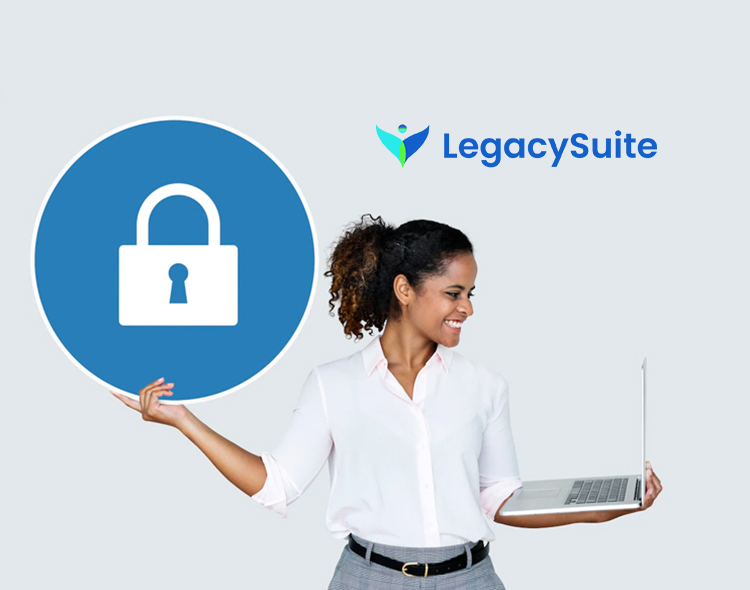Legacy Suite, an industry leader in digital asset preservation, announces the release of LegacyPass™, its tailor-made solution for accessing, managing and sharing passwords conveniently from desktop or mobile devices. Passwords alone can no longer meet today’s security needs; leveraging the immutability of the blockchain on the backend enables a seamless and password-less environment, allowing users to access accounts securely from all their devices with one click.
Latest Fintech News: Quadrata Brings Digital Identity to DeFi Through Partnerships
“We are thrilled to introduce the LegacyPass™ password manager to the market,” said Gordon Bell, Founder and President of Legacy Suite. “Our team has worked hard to create a product that not only makes it easy to manage and protect your passwords but also keeps your sensitive information and documents secure.”
A NordPass study found that the average person has roughly 100 passwords. According to Statista, approximately 15 million data records were exposed worldwide in the third quarter of 2022 alone—a figure that has increased by 37% compared to the previous quarter. With the growing number of online accounts and the increasing importance of strong passwords, it can be difficult for individuals and businesses to keep track of login information. LegacyPass™ solves this problem by securely storing a user’s passwords in one convenient digital vault secured by the blockchain.
In its two years of operation, LegacyPass™ has had zero breaches and accumulated over 25,000 users. LegacyPass™ password manager uses AES256 encryption to ensure passwords and sensitive data are safe from potential hackers. Elliptic Curve Integrated Encryption Scheme (ECIES) combines ECC-based asymmetric cryptography with symmetric ciphers to provide data encryption, enabling smaller key sizes and reducing storage and transmission requirements.
Blockchain technology can revolutionize the way passwords are secured and managed. Using a decentralized, distributed ledger to store password information makes it virtually impossible for hackers to access or compromise data. Blockchain allows the data to be spread across a network of computers, making it more difficult to access or alter. Additionally, blockchain can provide added security measures such as encryption and secure key management, further protecting password information from unauthorized access.
Latest Fintech News: Riaz Ladha and Eric Kirk to Head Valor PayTech’s Strategic Payments Business
[To share your insights with us, please write to sghosh@martechseries.com]
